Fake Kinkeliba or Black Coffee :
Cassia occidentalis is a plant species of the subtropical and tropical regions, including the desert, belonging to the family caesalpiniaceae. It is also a drought resistant plant. There are several different species of Cassia, at least 40 species, which are of great food and medicinal importance in African communities. Known by different names, such as : mbéntémaré in Wolof, ala nao or suma kala in Bambara, Tasbati or aldana in Peuhl, kasalo or sene in another Mandinka language, kikéliba in Moré, raydoré in Hausa or ganhi to glé in Fon or Goun. However, the most common name used is false kinkeliba otherwise stinky break due to the leaves giving off an unpleasant smell when crumpled, or bastard coffee This is because the seeds are roasted to make infused drinks. This plant is known for its benefits in traditional medicine, specifically in the fight against parasitic worms during pregnancy. It is used to combat toxoplasmosis, a parasite that women often contract during pregnancy. The leaves are used as a decoction or macerate for their beneficial properties. antipyretic, depurative, hepatoprotective, febrifuge, sudorific, antihelminthic and antifungal. Alternatively, the leaves are applied externally to help relieve rheumatism. Cassia occidentalis is also used to treat infectious skin diseases, and is found in a number of liver teas and even various treatments for jaundice and malaria. The seeds are used as a tonic when roasted with coffee. Otherwise, they are used to treat asthma and other respiratory illnesses such as bronchial diseases. The roots are used to help treat infertility, but they are also a good diuretic and antibiotic, with more of a laxative effect than the leaves themselves. In addition, a handful of freshly harvested leaves and flowers are beneficial for certain fungal skin diseases. Preferably on non-open, non-oozing dermatological conditions. Caution, Cassia occidentalis is not recommended for children under 6 years of age, pregnant women (except under the supervision of midwives) and breastfeeding women because of the gastric cramps and diarrhoea it causes.
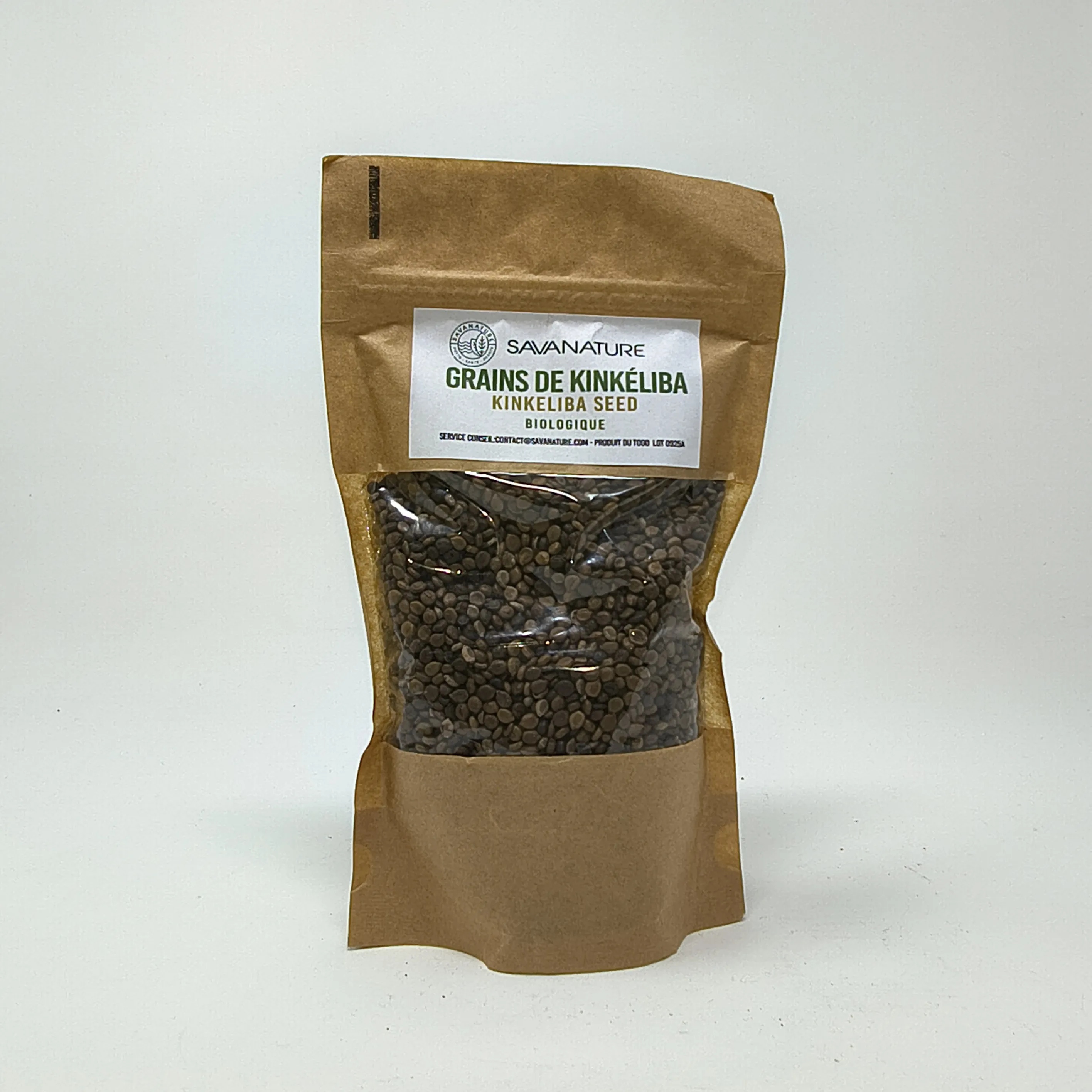
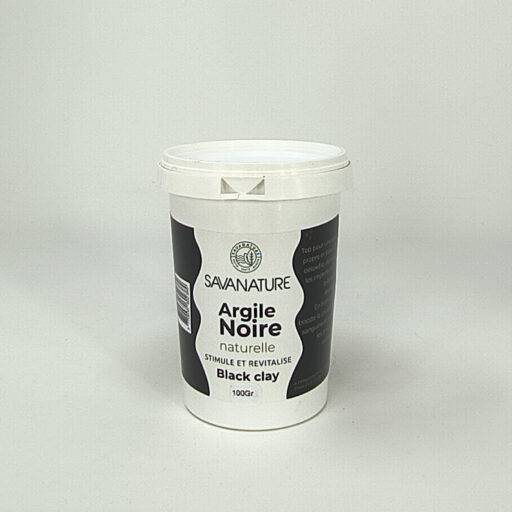
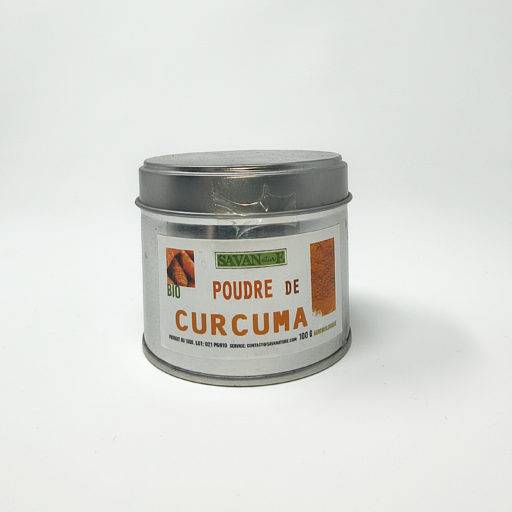
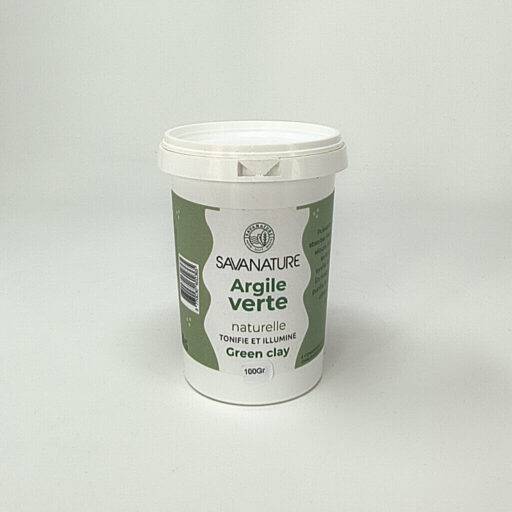
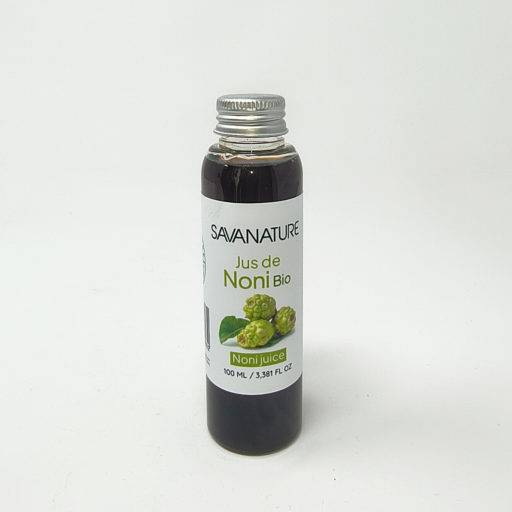


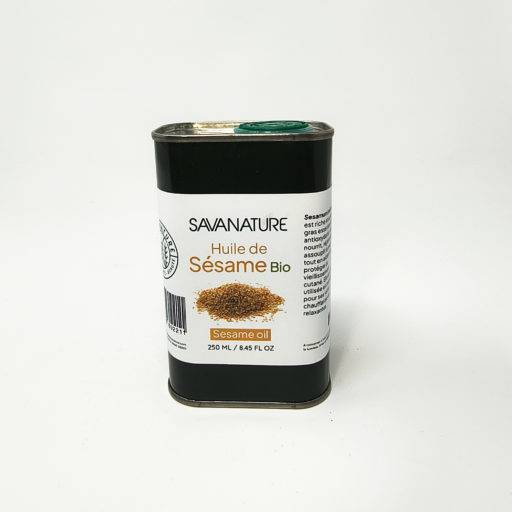
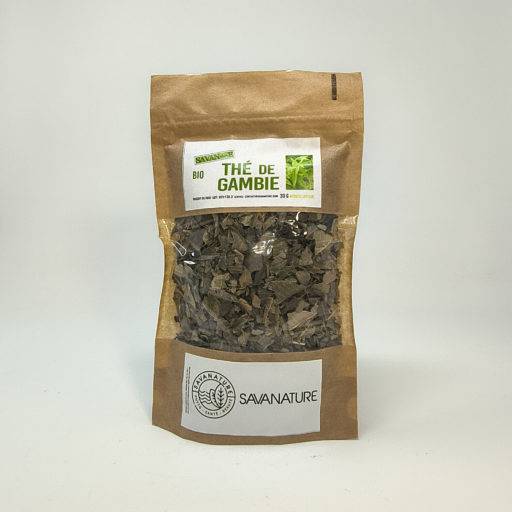
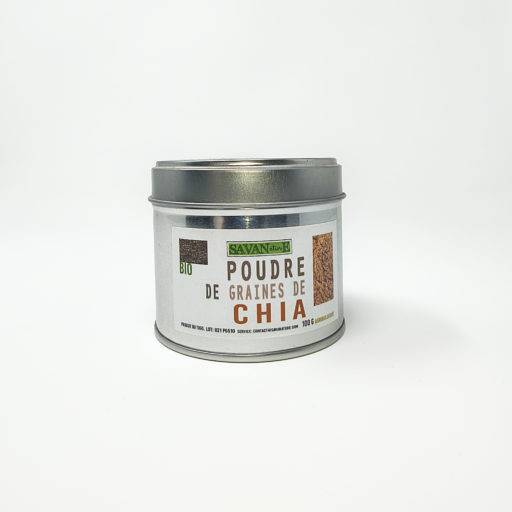
Reviews
There are no reviews yet.